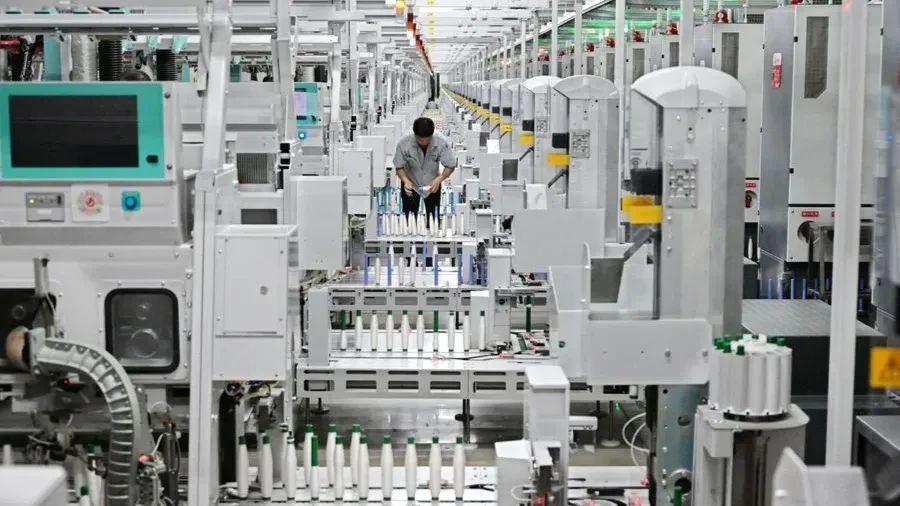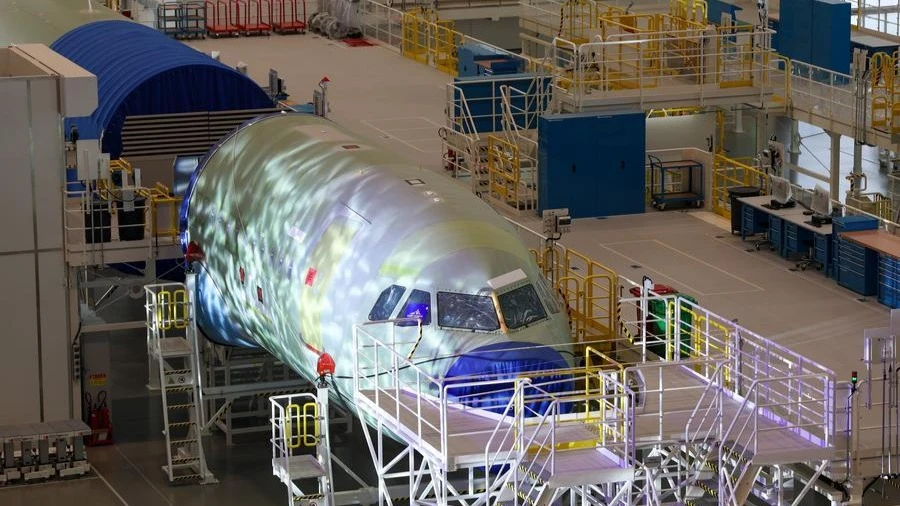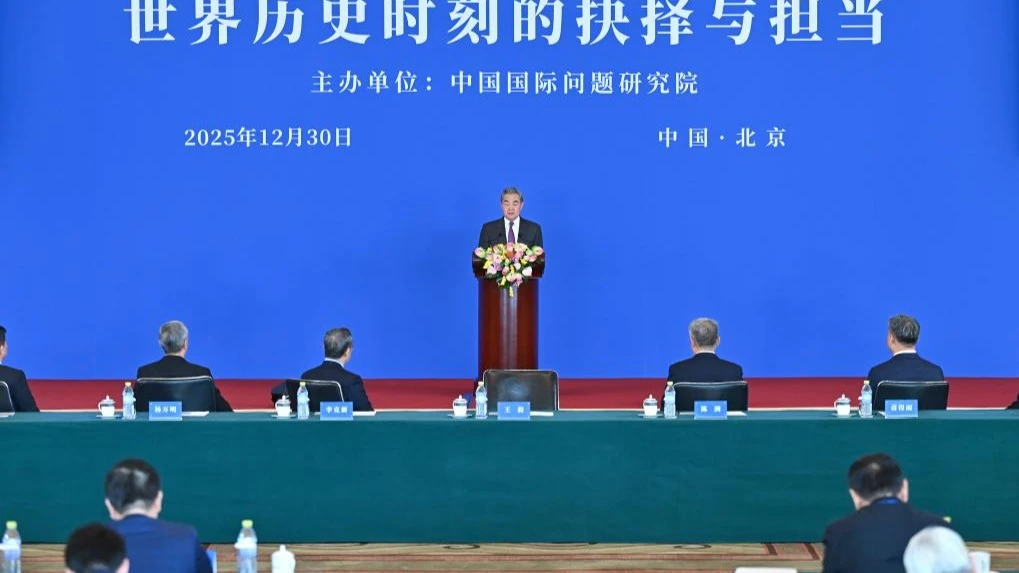Dentists urged to stop using mercury dental fillings
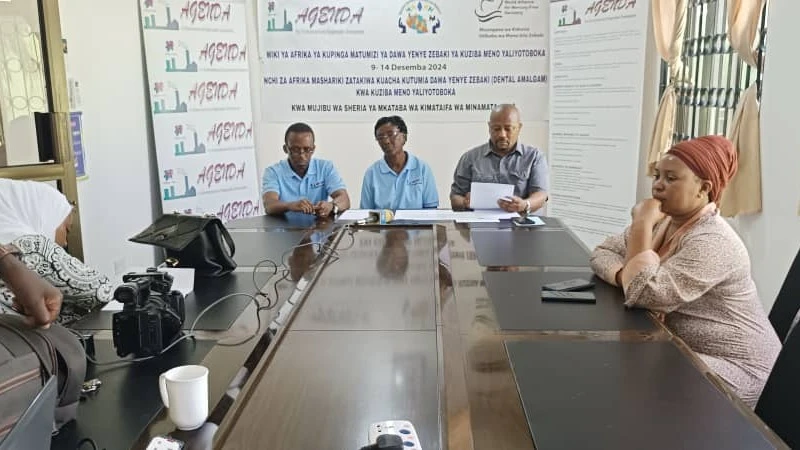
HEALTH stakeholders in the country have urged dentists across East Africa to stop using mercury dental fillings also known as dental amalgam.
The call was made as part of the annual observance of the Africa Week for Mercury-free Dentistry which this year is being commemorated from December 9 to 14.
The stakeholders say dental amalgam or "silver fillings" contains fifty per cent of mercury, which is harmful to health and the environment. Exposure to mercury may lead to pneumonia, bronchitis, chest pain, dyspnea, cough, stomatitis, gingivitis, excessive salivation, and diarrhea.
Addressing reporters in Dar es Salaam yesterday Dorah Swai, executive secretary of the Agenda for Environment and Responsible Development (AGENDA), explained that the week traditionally takes place in October but was postponed this year to accommodate additional NGOs attending the Intergovernmental Negotiation Committee for the Plastic Treaty in Busan, South Korea.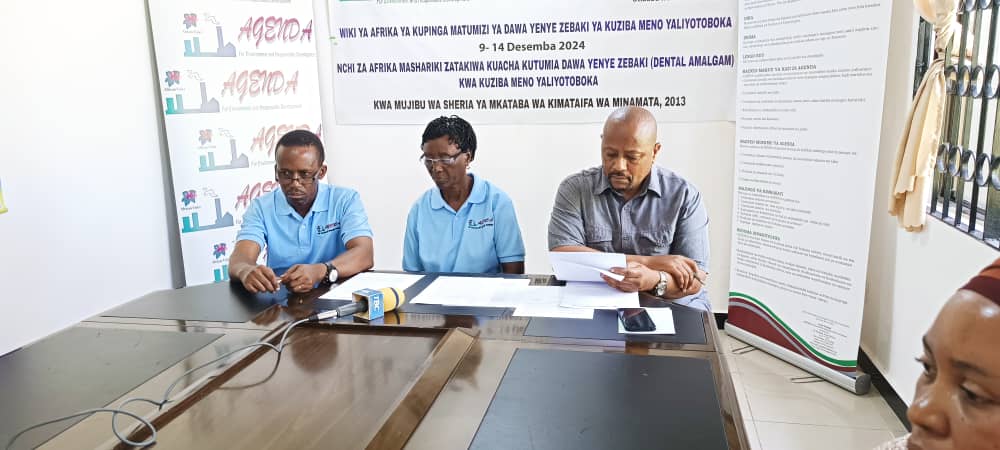
The Minamata Convention, which targets the elimination of mercury use, mandates member states to phase out dental amalgam due to its harmful effects on both health and the environment.
Dental amalgam contains 50 per cent mercury, which can negatively impact the developing brain of a child, even during pregnancy. Mercury can be passed from mother to child through both pregnancy and breastfeeding, leading to reduced intellectual development and lower IQ levels that can impede a child’s future economic prospects.
Additionally, mercury is persistent in the environment, accumulating in creatures such as fish, which, when consumed by humans, further exposes them to mercury.
Silvani Mng’anya, principal programme officer at AGENDA, highlighted the importance of adopting mercury-free alternatives, stressing that many such materials are already available. He called on East African countries to follow Tanzania's lead, which banned the use of dental amalgam in 2022 for all age groups.
"We urge other EAC nations to switch to mercury-free dental fillings to protect the health of children, pregnant women, and breastfeeding mothers," said Mng’anya.
Bernard Kihiyo, Director of Tanzania Consumer Advocacy and Research (TCAR), echoed the call, urging EAC nations to protect the health and future of their children by adopting mercury-free alternatives. "By doing so, we are ensuring that children receive their right to a healthy future, which will also benefit their countries," Kihiyo added.
The Minamata Convention, named after the Japanese city of Minamata, was endorsed in 2013 to curb global mercury exposure from various sources. As of December 2024, 151 countries have ratified the convention, a significant step towards protecting both human health and the environment from mercury contamination.
Top Headlines
© 2026 IPPMEDIA.COM. ALL RIGHTS RESERVED












